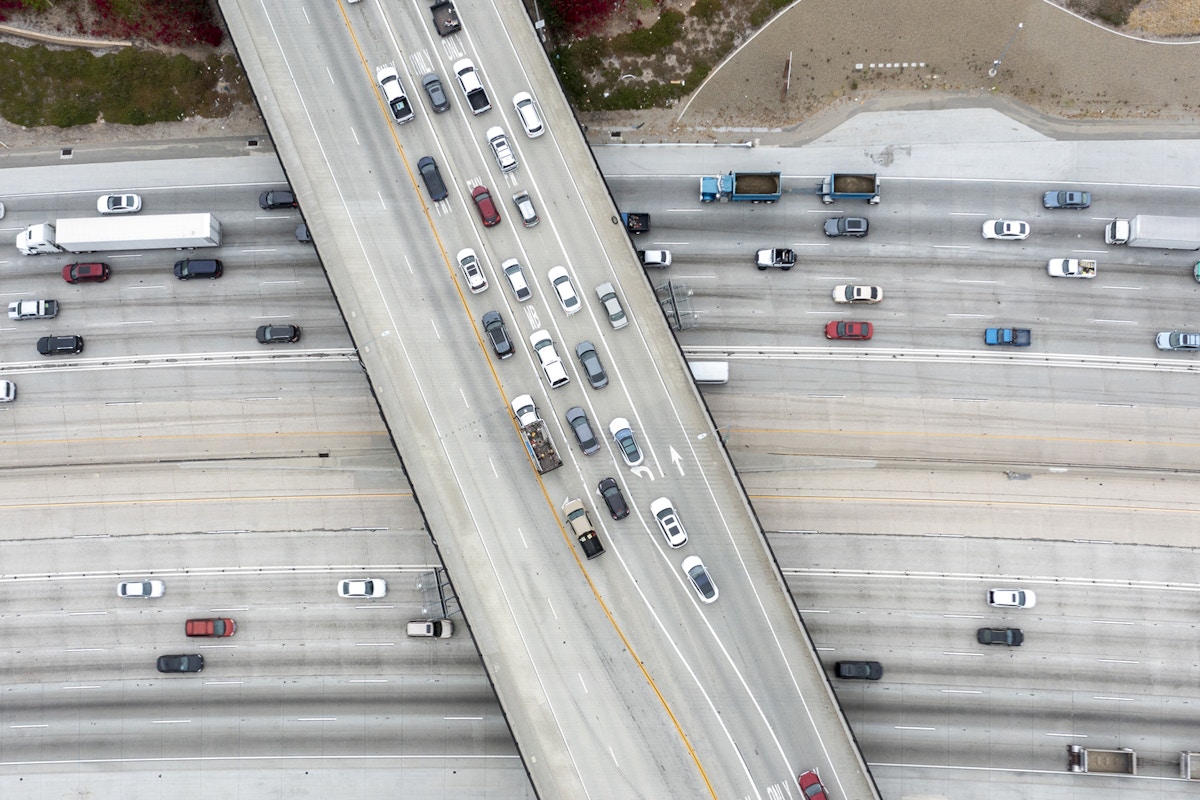
The government would be able to collect data about drivers' miles from smartphones, other on-board devices, automakers and insurance companies, gas stations or any other source. The government will only solicit volunteers to drive passenger and commercial vehicles, but it is still a test initiative. However, concerns remain about government tracking private data.Senate's bipartisan infrastructure bill, worth $1.2 trillion, proposes a national program to test whether the government can collect driver data to allow it to assess their driving habits and charge them travel fees per mile. This new revenue would be used to finance the Highway Trust Fund. Currently, the Highway Trust Fund relies heavily on fuel taxes for funding roads and mass transit throughout the country.Sean Vitka, Demand Progress policy counsel, stated that it is concerning to see a plan being advanced that seems to depend on mass surveillance by the government of vehicle location in order to function.Wyden spokesperson Keith Chu stated in an email that he is against any approach that leads to persistent location tracking of personal vehicles. However, he supports creative pilots to find alternative solutions. A permanent proposal for vehicle miles traveled (or VMT) is also needed by Senator Wyden. He believes that more privacy concerns must be studied and monitored.To guide the program, the bill would create an advisory board that would include representatives from state transportation departments and trucking companies as well as data security experts and consumers privacy experts. The four-year pilot program will be continued by the Transportation and Treasury departments. They would have to inform Congress about how they protect volunteers' privacy and how the per mile fee could impact low-income drivers.Vitka warned that the idea could expose Americans' private data. It is well-known that the government cannot keep such sensitive data secure. This is why it is bad for the government to maintain a huge database of information on Americans traveling.For a long time, the government has been looking for a fee to drive to generate revenue for the Highway Trust Fund. Since the account lacks revenue to support federal highway spending, the Treasury Department has had to transfer money. CBO has predicted that the fund will be in deficit of nearly $200 billion by 2031 if current fuel taxes are not repealed and funding for highway and mass transit projects rises with inflation.CBO recommended raising fuel taxes, enacting new taxes using VMT models, or on electric vehicles to increase revenue. However, these latter would not be likely generate much money considering how few exist. Chu stated that Wyden does not want electric vehicles to become more expensive, as more people use them.The Senate Finance Committee, Wyden's chair, was reported to have been debating the idea for a trucking-only VMT Tax to help pay for infrastructure bills. Industry representatives were fiercely opposed to this proposal.After long negotiations, senators introduced the bill on August 1. It also includes other proposals that were not noticed. It would ban the use of e-cigarettes on Amtrak trains.This provision comes after the House and Senate transportation committees passed a bill earlier in the year that would have Amtrak's non-smoking policy enshrined in federal law. Del. Eleanor Holmes, a Democrat representing Washington, D.C., was the first to introduce the legislation.Updated August 5, 2021 at 12:31 p.m. ETThis story has been updated in order to clarify Senator Ron Wyden's position on mileage tracking programs.
